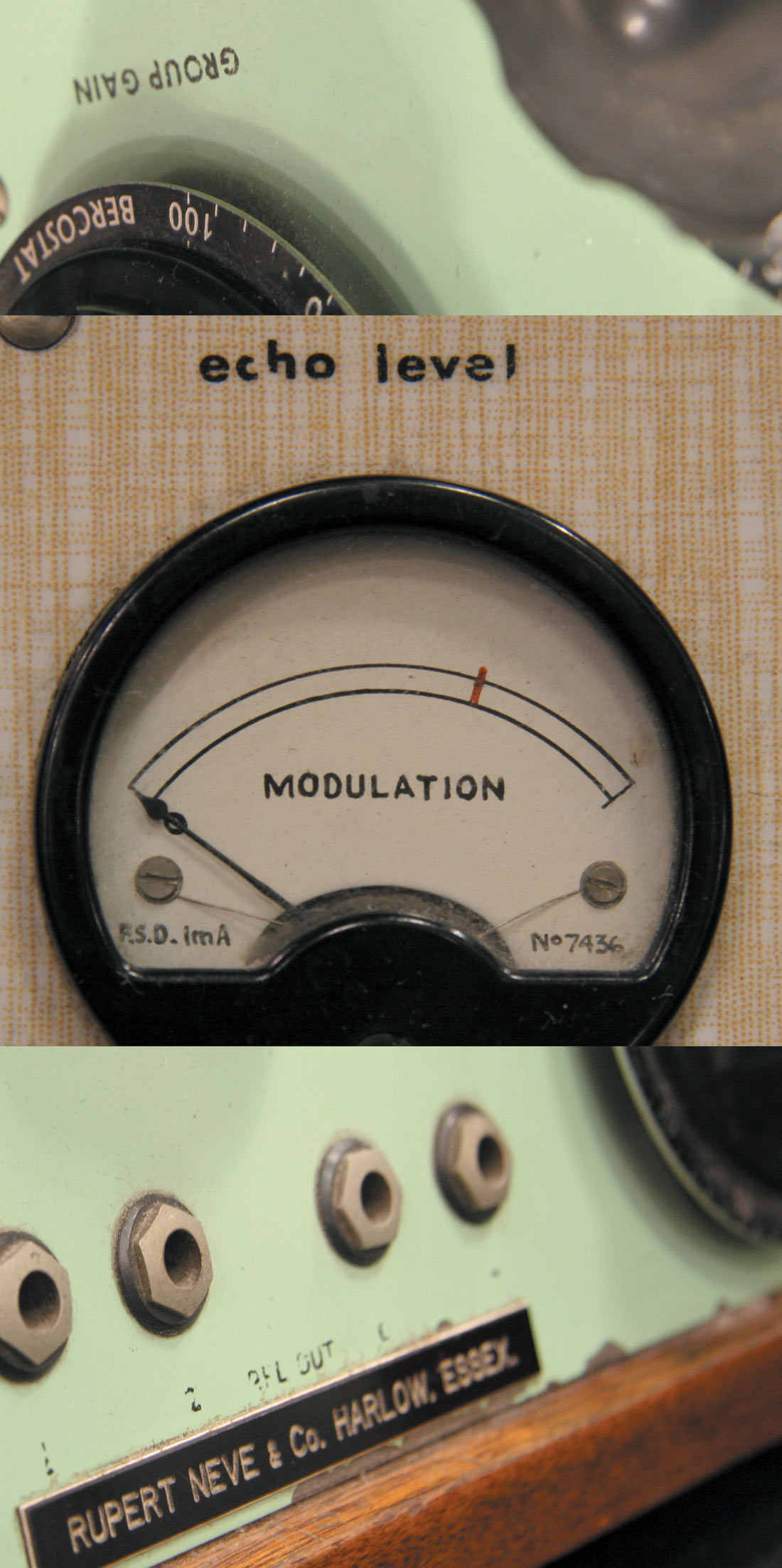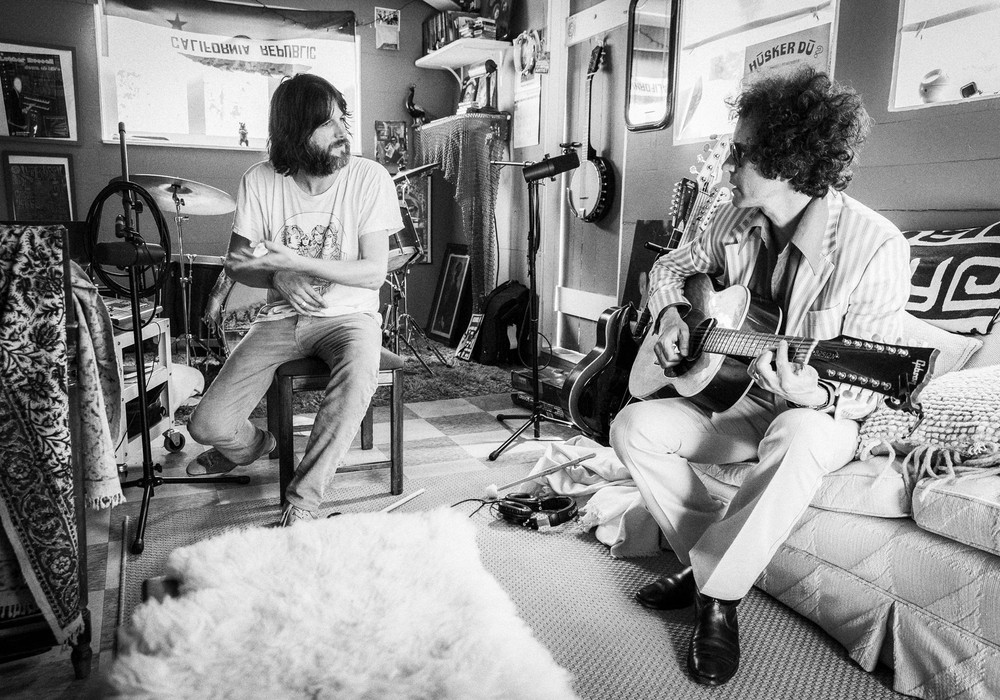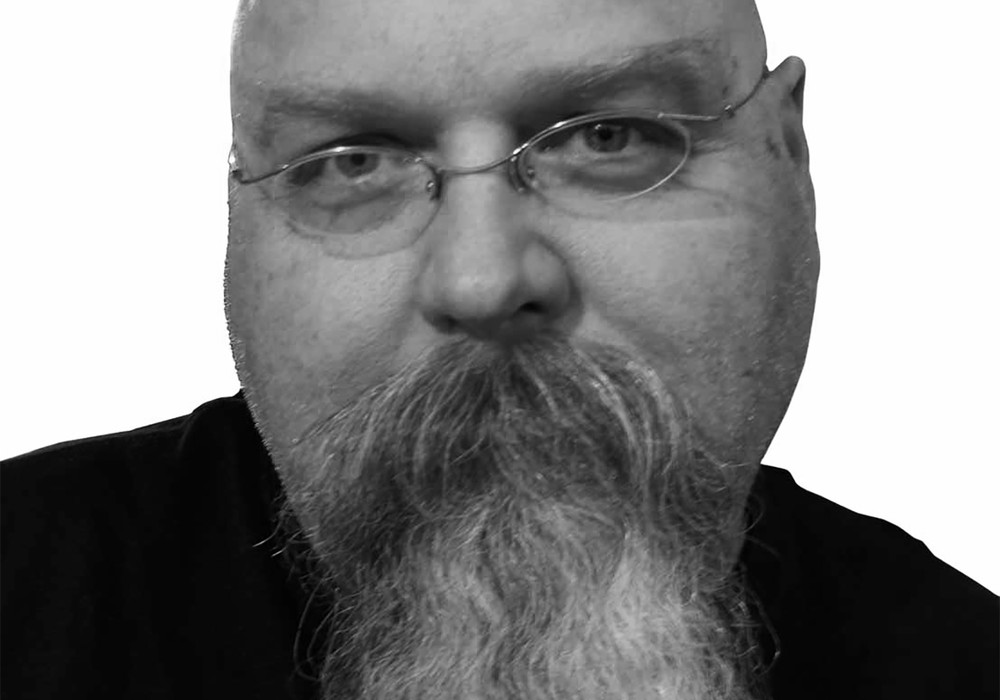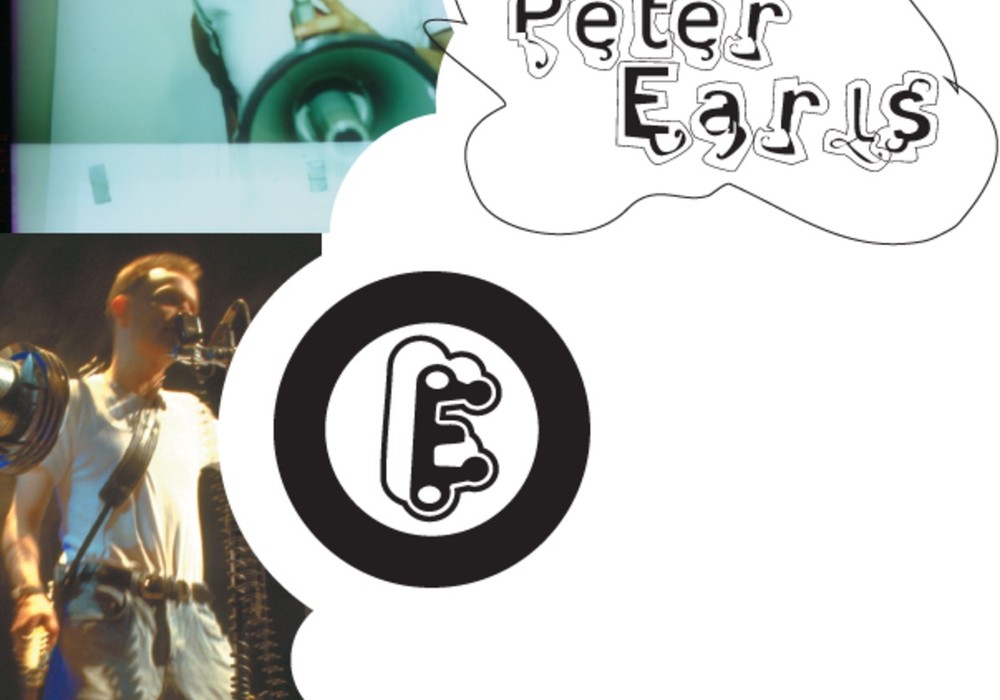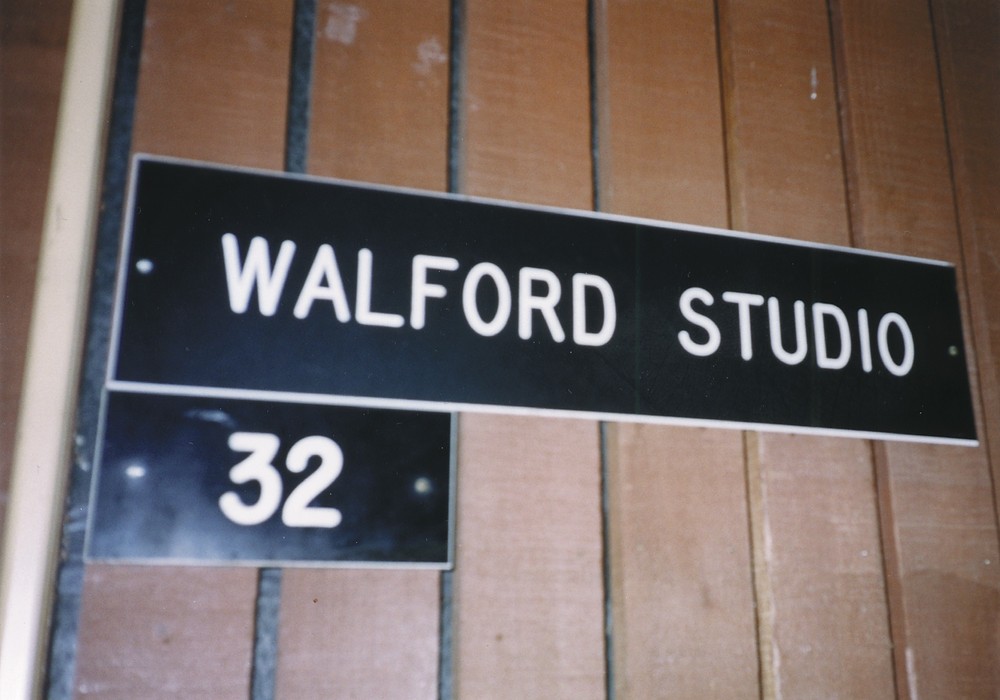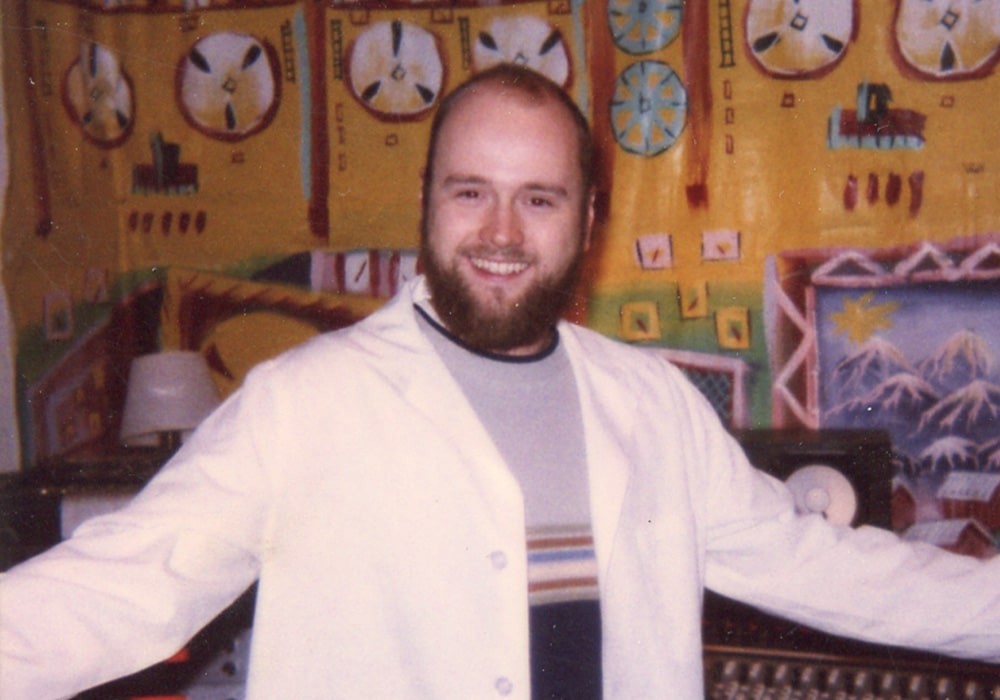Punk rock is often considered a genre of slackers pretending they are doing something exceptional, but actually doing something pretty insignificant. Producers often have to make excuses to justify the poor quality of their final product, such as budget constraints or limitations in resources. Steve Evetts is an exception. I remember being 17 years old and totally immersed in dissecting every recording that all my favorite punk and hardcore bands made. Most of the recordings were pretty unimpressive. One day I bought the Lifetime album Hello Bastards and for the first time heard totally sweet sounds mixed with not overly slick production. This record stood so far out ahead of the heap to me that I took note of the producers name: Steve Evetts. In months to come, it seemed like every time I heard a record that blew me away, Steve's name was attached to it. He turned out amazing records in very short times from bands like Snapcase, Hatebreed, Deadguy, Saves The Day and The Dillinger Escape Plan. In the coming years Steve moved up from local producer/engineer to making high profile records in studios around the world. Watching him work is totally inspiring. He always maintains a very clear vision and his attention to detail is unparalleled in punk/hardcore. Many people have a sound based on the gear they have, while Steve's sound is based more on the type of performances he gets from people. His records have a feel that maintains pop leanings while being totally aggressive and over the top. He's worked on releases by some of heavy music's finest and most innovative bands like Sepultura, Glassjaw, At The Drive In, A Static Lullaby, The Misfits and Earth Crisis. I caught up with him while he was working on three different records.
Let's go through the recording process. What are the essential things you need in a studio when you're going to track there?
The equipment list! As long as the equipment is halfway decent. The wonderful thing about today is that you can rent just about anything you need, budget allowed. I'm just looking for something halfway decent, even if they have a few outboard good mic pres for important stuff. The physical space of the room definitely means a lot to me.
What are you looking for in physical space in a room?
It doesn't have to be huge; it just has to sound good. Wood rooms, to me, sound the best. I prefer higher ceilings. I don't like tracking in dead rooms, I like live drum sounds. Just the feel and the vibe of the studio is very important. To me, it's just being comfortable, but not to the point where you're lazy. Small control rooms really are the pits. Large control rooms to me always feel cavernous, but nice-sized control rooms are the best. You feel you can breathe; you're always at ease. Too nice, too ornate — some of the really expensive A rooms — I don't like tracking at them. It's like going to one of those museum homes where you feel like you can't put your feet up. I like to feel home-y. Aside from the drummer, if you're doing all the overdubbing in there, the guitar players — and even sometimes the singers, depending on how comfortable they feel — will be right in the control room with me, 'cause I don't like to have that wall between the drummer or whoever and myself. That's why a lot of the time I'll be out there in the room with the band with headphones on too. I don't want to feel like, "I sit behind this wall of glass and you must listen to everything I have to say." You want to immerse yourself into the record and the band and almost be like that extra member. I just wanna be in there with the people directing them, just how I'm talking to you, relating to them this way, rather than [as] a figure of authority.
Well that's important. Bands definitely don't like when you work against them.
It's true, they don't. Ultimately it's their record. I feel it's my job to maximize their potential and make the...
